

Home Self-Care
Low-Grade Serous Ovarian Cancer (LGSOC)
Self-Care
LGSOC comes with a unique set of challenges, but there are things you can do to anticipate and work through them. Resources are available to help you find ovarian cancer clinical trials, therapy options, and other people living with LGSOC for social and emotional support. Be your own best advocate: get involved, ask questions, and stay informed about LGSOC management and new treatment options.
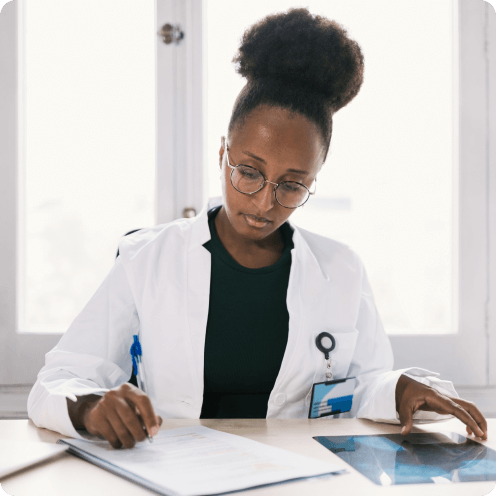
Find a medical team you trust
- Your ovarian cancer specialist (a type of doctor who has treated LGSOC) will be a key member of your care team. Your doctor should be able to help you find one in your area
- Consider a second opinion. Meeting (in person or virtually) with more than one ovarian cancer specialist may help you find a treatment option that you are confident in and that feels right for you
- Connect with a center of excellence. A center of excellence is a hospital where doctors are experts in treating people with specific diseases and conditions, including rare types of ovarian cancers, like LGSOC
Get connected
Finding a support community is key to living with LGSOC. There are several groups and forums on social media sites where you can connect with people who understand what you are going through. Their experiences may help you better understand yours. At the same time, sharing your own experiences may help someone else living with LGSOC.

A support group for women diagnosed with ovarian cancer, including LGSOC, and their immediate family members or caretakers.

NOCC’s Teal Hearts Network, a regional peer-to-peer online support group, allows you to connect with other survivors for the emotional support needed to navigate this journey.
Watch people talk about the importance of having support throughout their journey
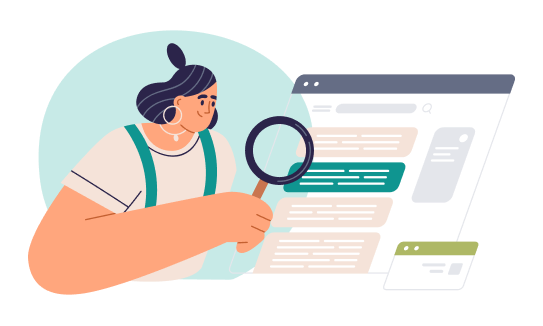
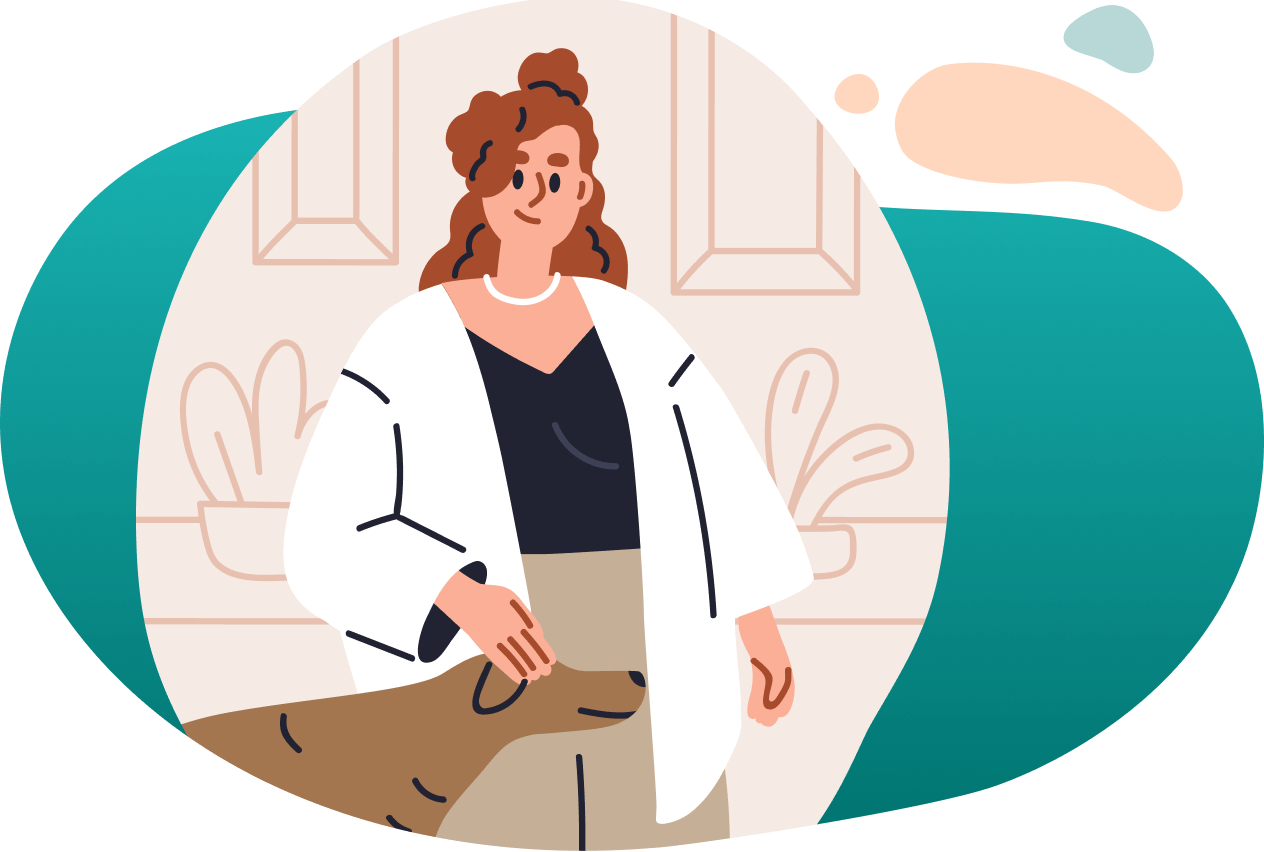
Make your mental health a priority
In addition to impacting your physical health, cancer can take a toll on your mental health. Pay attention to how you are feeling, and don’t be afraid to reach out for help when you need it.
People with ovarian cancer are 3 times more likely to be diagnosed with a mental illness, such as depression, anxiety, and adjustment disorders than the general public.
Talk to your doctor about any issues you may be experiencing or consider talking to a licensed therapist.
Consider connecting with a licensed therapist in person or online
Here are some resources to get started:

Ovarian Cancer Research Alliance
Getting a diagnosis can be incredibly overwhelming. OCRA offers information, resources, and support for patients and their families.

Foundation for Women's Cancer
A nonprofit organization dedicated to increasing public awareness of gynecologic cancer risk awareness, prevention, early detection, and optimal treatment.
The information presented here is not a substitute for professional advice.

Nutrition
A healthy, nutritious diet is a key part of managing symptoms. Working with a nutrition professional can make eating healthy a little easier. They can help you create a diet that includes the vitamins, minerals, and nutrients you need to stay strong.
A nutrition professional can help you:
- Manage common treatment symptoms
- Ensure your body’s basic nutrient and calorie goals are being met
- Keep a healthy weight and avoid muscle loss
- Maintain your overall quality of life during and after treatment
Talk to a nutrition professional, preferably a Registered Dietitian (RD) who is also a Board Certified Specialist in Oncology Nutrition (CSO). Your care team may include one or be able to recommend one. If they cannot, consider contacting the Academy of Nutrition and Dietetics.
See how nutrition can support your treatment

Exercise
Stay active to maintain your overall health. Regular exercise can reduce fatigue, reduce feelings of anxiety and depression, and improve quality of life.
Ask your healthcare team to help create an exercise program that is right for you.
Do not start an exercise routine without talking to your doctor(s) first. Regular exercise may not be appropriate for all people with LGSOC.
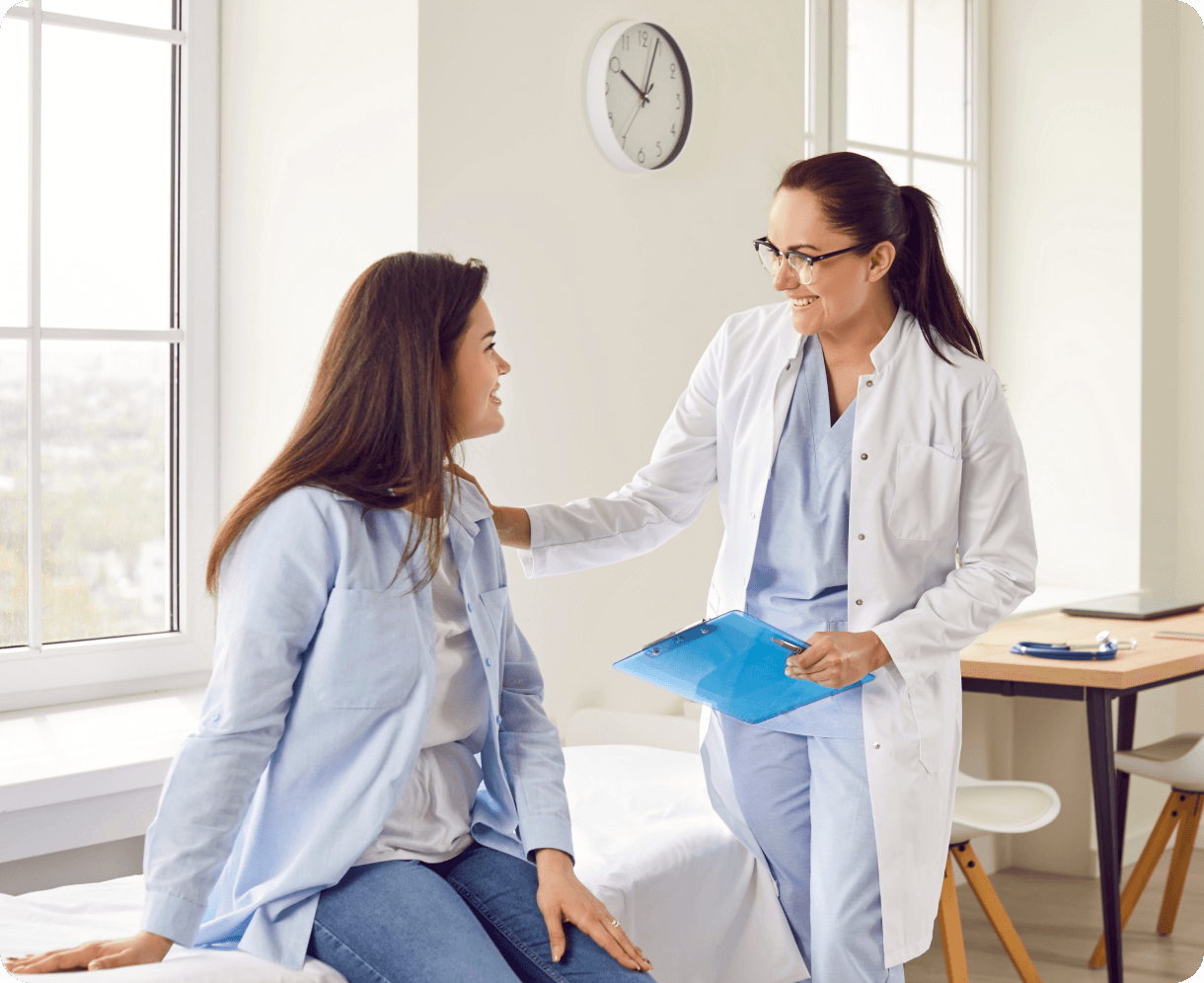
Sexual health/fertility
Cancer and cancer treatment may impact your sexual desire and function. Don’t be afraid to talk to your doctor if you have questions about sex. Your doctor can let you know what’s safe, what to avoid, and any other precautions you may need to take.
LGSOC can affect your sexual well-being and ability to become pregnant. Make sure your doctor knows your fertility goals prior to surgery or starting LGSOC management and treatment so they can help you understand your options for family planning.
Discuss fertility with your doctor prior to surgery
Ovarian cancer surgeries and certain treatments can affect your ability to get pregnant. Talk to your doctor to learn about how your cancer and/or treatment may affect your fertility.
Ellie, a person living with LGSOC, shares her experiences in planning a family.
Information about ovarian cancer and fertility

American Cancer Society
The American Cancer Society improves the lives of people with cancer and their families through advocacy, research, and patient support.

Ovarian Cancer Research Alliance
A support group for women diagnosed with ovarian cancer, including LGSOC, and their immediate family members or caretakers.
Expect change
Don’t let treatment-induced menopause take you by surprise
People undergoing treatment for LGSOC may enter menopause early. This is due to treatments as well as surgical procedures, like oophorectomy (the removal of one or both ovaries) or a hysterectomy (the removal of the uterus), that can induce menopause.
Dealing with low-grade serous ovarian menopause during cancer treatment isn’t easy. Don’t be afraid to lean on caregivers and loved ones for emotional support, and connect with people who have gone through or are going through a similar experience.

Ovarian Cancer Research Alliance
Removal of the ovaries (bilateral oophorectomy) will result in what is called surgical menopause.

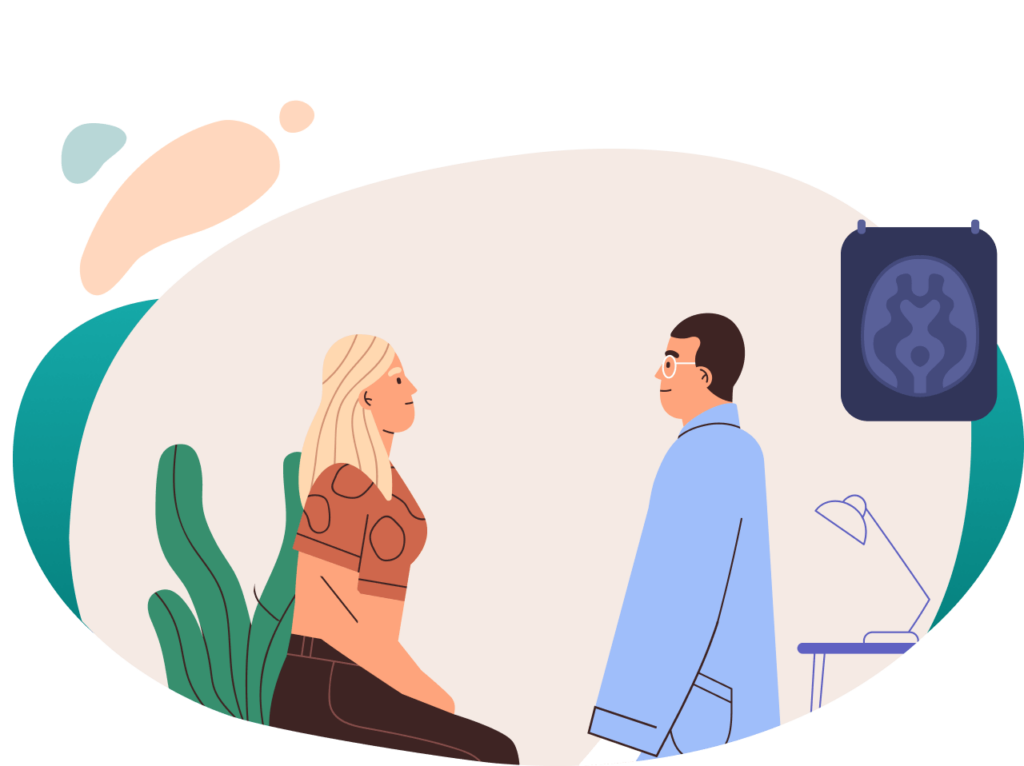
Clinical trials
If your cancer hasn’t responded well to treatment, ask your doctor about enrolling in a clinical trial.
Holistic medicine
Holistic medicine (also known as alternative, integrative, or complementary medicine) may help improve your well-being. The treatment that your doctor prescribes will addresses your cancer directly, while holistic medicine may help complement your prescribed cancer treatment.
Information for caregivers
Caregivers, friends, and family: Make sure to check in with your loved ones often during this process. Go with them to meet potential providers and tour treatment centers if possible.
Caregivers: Consider connecting with other caregivers. There are support groups for caregivers that can provide you with insight and information you may find helpful.
Caregivers, friends, and family: Caring for your own mental health is equally important.
Explore more
Support groups for caregivers

National Ovarian Cancer Coalition
NOCC’s Teal Hearts Network, a regional peer-to-peer online support group, allows you to connect with other survivors for the emotional support needed to navigate this journey.

Ovarian Cancer Research Alliance
A support group for women diagnosed with ovarian cancer, including LGSOC, and their immediate family members or caretakers.

References
Norton TR, Manne SL, Rubin S, et al. Prevalence and predictors of psychological distress among women with ovarian cancer. J Clin Oncol. 2004;22(5)919-926.
MD Anderson Cancer Center. Social and emotional impacts of cancer. Accessed April 14, 2025. https://www.mdanderson.org/patients-family/life-after-cancer/social-emotional-impacts.html
National Cancer Institute. Cancer support groups. Accessed April 14, 2025. https://www.cancer.gov/about-cancer/coping/adjusting-to-cancer/support-groups
American Cancer Society. Seeking a second opinion. Accessed April 14, 2025. https://www.cancer.org/cancer/managing-cancer/finding-care/seeking-a-second-opinion.html
Elrod JK, Fortenberry JL Jr. Centers of excellence in healthcare institutions: what they are and how to assemble them. BMC Health Serv Res. 2017;17(suppl 1):425.
Hu S, Baraghoshi D, Chang C-P, et al. Mental health disorders among ovarian cancer survivors in a population-based cohort. Cancer Med. 2023;12(2):1801-1812.
National Cancer Institute. Nutrition in cancer care (PDQ®) patient version. Accessed April 14, 2025. https://www.cancer.gov/about-cancer/treatment/side-effects/appetite-loss/nutrition-pdq#_125
American Cancer Society. Physical activity and the person with cancer. Accessed April 14, 2025. https://www.cancer.org/cancer/survivorship/be-healthy-after-treatment/physical-activity-and-the-cancer-patient.html
American Cancer Society. Sex and the adult female with cancer. Accessed April 14, 2025. https://www.cancer.org/cancer/managing-cancer/side-effects/fertility-and-sexual-side-effects/sexuality-for-women-with-cancer.html
American Cancer Society. Female fertility and cancer. Accessed April 14, 2025. https://www.cancer.org/cancer/managing-cancer/side-effects/fertility-and-sexual-side-effects/fertility-and-women-with-cancer.html
Mayo Clinic. Alternative cancer treatments: 11 options to consider. Accessed April 14, 2025. https://www.mayoclinic.org/tests-procedures/cancer-treatment/in-depth/cancer-treatment/art-20047246
National Cancer Institute. Complementary and alternative medicine. Accessed April 14, 2025. https://www.cancer.gov/about-cancer/treatment/cam
American Cancer Society. Clinical trials: what you need to know. Accessed April 14, 2025. https://www.cancer.org/cancer/managing-cancer/making-treatment-decisions/clinical-trials/what-you-need-to-know.html
American Cancer Society. Caregiver resource guide. Accessed April 14, 2025. https://www.cancer.org/cancer/caregivers/caregiver-resource-guide.html
National Cancer Institute. Support for caregivers of cancer patients. Accessed April 14, 2025. https://www.cancer.gov/about-cancer/coping/caregiver-support
Ovarian Cancer Research Alliance. Getting the best care: Essential information for gynecologic cancer patients. Accessed June 18, 2025. https://ocrahope.org/for-patients/getting-the-best-care/


